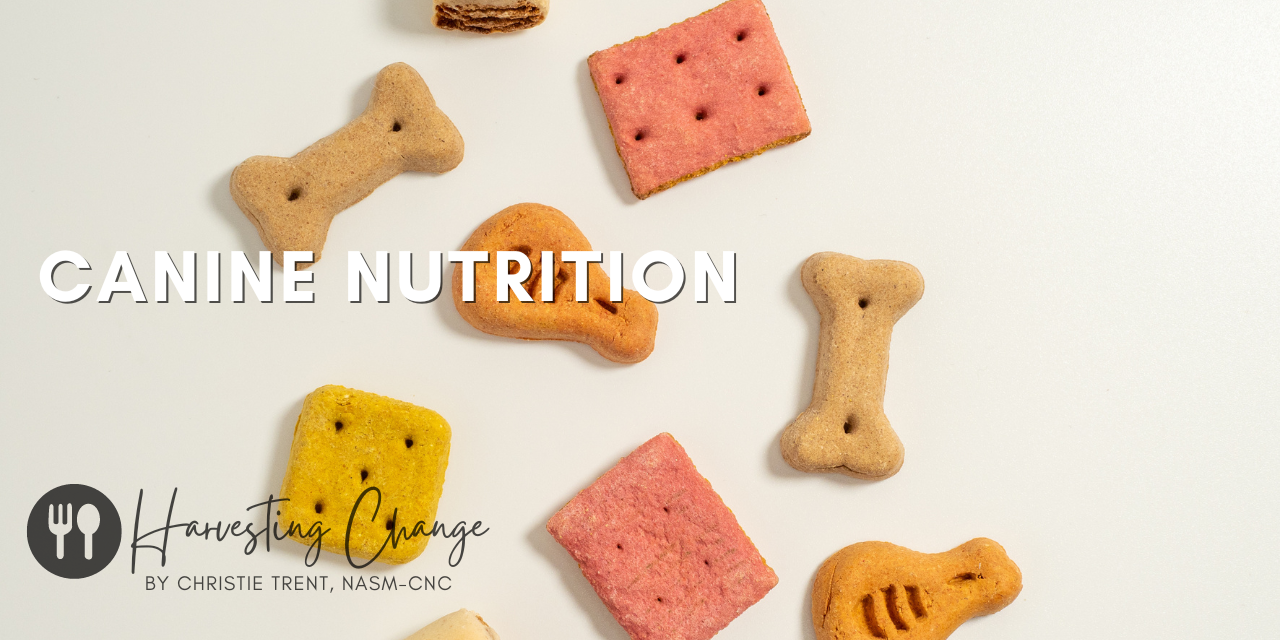
Learning that plant-based dogs (just like humans!) experience less inflammation, fewer health issues, reduced cancer rates, and longer lives compared to their meat-eating counterparts has been eye-opening. It seems clear that we have prioritized profits over health. 😔
There are many overlaps between what humans and dogs need to thrive:🍽️ A balanced diet with proper ratios of protein, fat, and carbohydrates, with the appropriate levels of vitamins and minerals,
🏃🏻♀️ Adequate exercise with a balance of energy/calories in and energy/calories burned. An imbalance of calories in and out will result in weight gain - or weight loss.
🌊 Proper hydration.
Balanced Diet in Dogs
Want to make your own homemade dog food? Here are some things to consider:
Protein
Dogs need protein to build and repair tissues, maintain muscle mass, and support a healthy immune system.Vegetarian: cottage cheese, eggs, yogurt, and all vegan sources.
Vegan: tofu, nuts, nut butters like almond butter, chickpeas, beans, quinoa, pea protein, etc.
Meat Eaters: meat, fish, and all vegetarian and vegan sources.
Fats
Fats are a concentrated source of energy for dogs and are essential for healthy skin and coat, brain function, and hormone production. Fats can be found in oils, nuts, seeds, almond butter, algae oil, sesame oil and fatty fish. Finding a well-balanced omega oil is important for dogs (and humans!)
Carbohydrates
Carbohydrates provide energy for dogs and can be a good source of fiber. Some dogs may have allergies or sensitivities to certain carbohydrates, so it's important to monitor your dog's response to different types of carbohydrates. Legumes like chickpease and lentils are a good source of protein and carbohydrates, but some dog kibble brands have been linked to DCM (dilated cardiomyopathy) in dogs. While no studies have found a direct link between DCM and homemade dog food, it's important to monitor your dog's health, learn more about DCM, and consult with your vet.
Vegetables
Vegetables are a good source of vitamins, minerals, and fiber. Some dogs may have trouble digesting certain vegetables, so it's important to introduce them gradually and monitor your dog's response.
Grains
Grains can provide energy and essential nutrients for dogs. Some dogs may have allergies or sensitivities to certain grains, so it's important to monitor your dog's response to different types of grains.
Fruits
Fruits can be a good source of vitamins, minerals, and antioxidants for dogs. Some fruits are high in sugar and should be fed in moderation.
My Dogs Success Stories
March - June 2024.
Severely bowed legs and fatigue when I fostered him.
Top Left and Right: March 2024. Bottom Left: April 2024, Bottom Right: May 2024
Severely bowed legs from presumed nutritional deficiencies, River was fed a vegan kibble
high in Omegas, prebiotics, and postbiotics to improve gut health. His transformation was incredible, so I
started incorporating more whole foods into his diet.
Left: April 2023, Right: April 2024.
Severe skin allergies from 2020 to 2023. Treated with
Apoquel, Cytopoint, and prescription cleanser and topicals. During the first 3 years of her life, the skin issues were
getting worse, and the frequency of Cytopoint injections was increased. After trying many animal proteins, Luna was
switched to a vegan diet and her skin allergies cleared up. She has not needed Cytopoint or Apoquel since she started
her new diet! She still experienced some itching (assumed environmental overload) but her skin was no longer red and inflamed.
I removed her store-bought treats and replaced them with homemade treats, switched her to 50% mono-vegetable to start, but
she was just switched to a 50% vegan kibble and 50% homemade dog food diet. She also has a Chinese herb from a holistic vet
that is crushed and added to her soft food. Luna's itching stopped within 1 week of adding whole foods and the herb.
This is a new process for me, as I just started in 2024, but I will keep you updated on my dogs' progress. 🐾🐾
Online Resources
Balance.it: This website helped me build a few recipes for my own dogs. It's vet-recommended and helps create a balanced recipe that meets AAFCO guidelines.American Holistic Veterinary Medical Association: Find a holistic vet near you.
Balance.it Calorie Counter: Learn how many calories per day you are feeding your dog on their current food. Not all brands and foods are listed but you can get calorie information from the packaging.
Dog Calorie Calculator: Determine how many calories your dog needs per day based on activity level.
Recommended Reading
Forever Dog: Surprising New Science to Help Your Canine Companion Live Younger, Healthier, and Longerby Rodney Habib and Dr. Karen Shaw Becker, DVM
Dr. Pitcairn's Complete Guide to Natural Health for Dogs & Cats
by Richard H. Pitcairn, DVM, PhD and Susan Hubble Pitcairn
Bramble: The Dog Who Wanted to Live Forever by Anne Heritage
The Plant-Powered Dog: Unleash the healing powers of a whole-food plant-based diet to help your canine companion enjoy a healthier, longer life
by Diana Laverdue-Dunetz
Diana Laverdure-Dunetz, MS, holds a Master of Animal Science degree and is a multi-award-winning dog health writer, vegan canine nutritionist and passionate animal advocate. She has been formulating fresh-food diets for dogs all over the world for more than a decade, using nutritional therapies to help her canine clients overcome a myriad of chronic diseases and achieve their best possible health.
With Love and Puppy Kisses 🐾🐾
Christie Trent, NASM-CNC
National Academy of Sports Medicine - Certified Nutrition Coach
To learn more about me, please visit christie.technology


